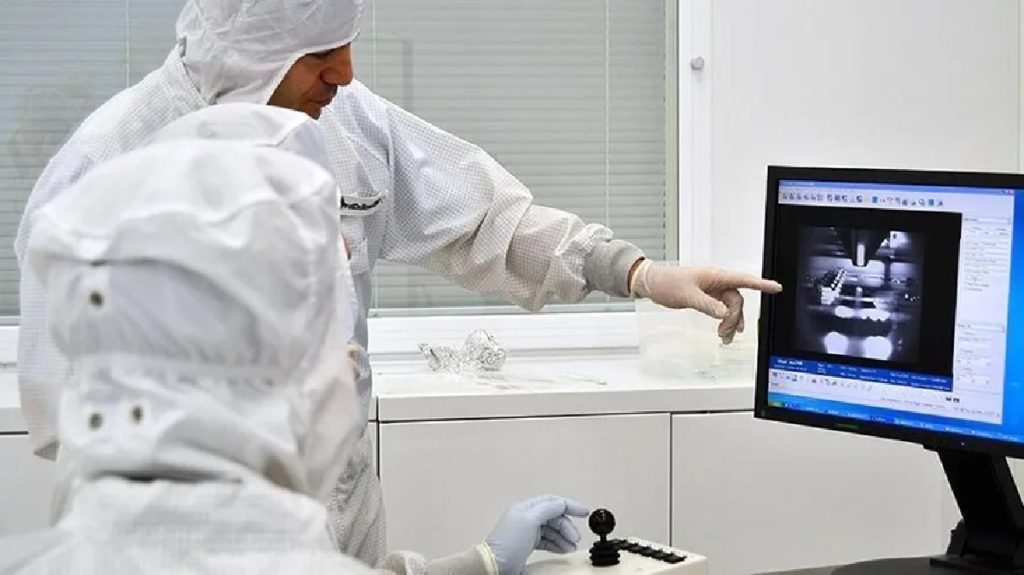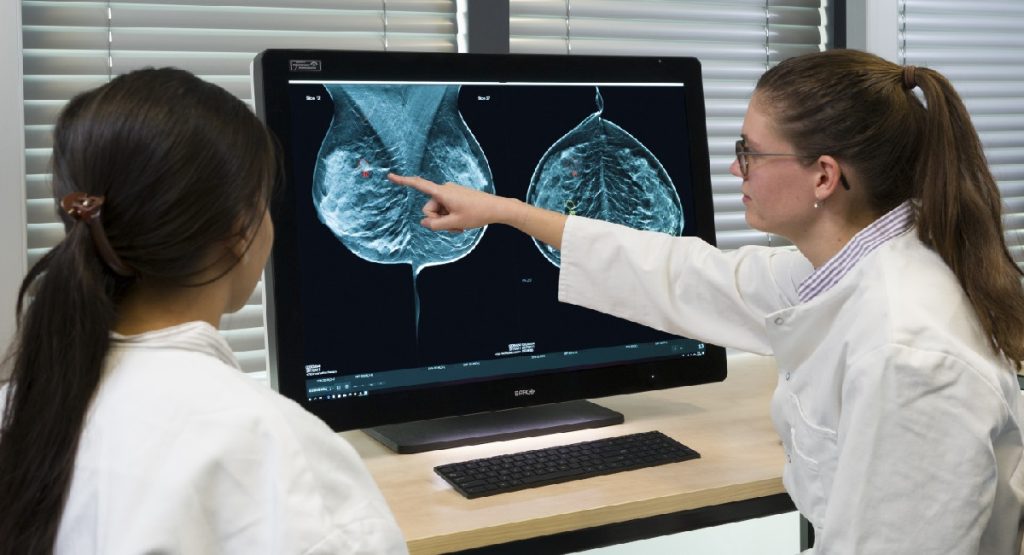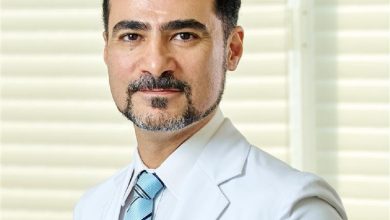AI Boosts Breast Cancer Detection Accuracy in Real-World Screening
Study Highlights Improved Detection Rates and Reduced Radiologist Workload Using AI in Breast Cancer Screening

Watan–Researchers have found that using artificial intelligence (AI) in breast cancer screening increases the chances of detecting the disease in what they claim is the first real-world test of this approach.
Many studies have suggested that AI could help medical professionals detect cancer—whether by identifying abnormal growths in CT scans or signs of breast cancer in mammograms.
-
Tahnoon bin Zayed: The Spy SheikhMarch 3, 2025
However, many of these studies are retrospective, meaning AI wasn’t initially involved, while prospective trials often have limited sample sizes. Larger studies may not accurately reflect real-world application.
Now, researchers say they have tested AI in a nationwide screening program for the first time, demonstrating its advantages in real-world settings.
Professor Alexander Katelnik, one of the study’s authors from the University of Lübeck in Germany, stated, “We can improve detection rates without increasing harm to women participating in breast cancer screening.” He added that this approach could also reduce the workload of radiologists.

Katelnik and his colleagues analyzed data from 461,818 women in Germany who underwent breast cancer screening between July 2021 and February 2023 as part of a national program targeting asymptomatic women aged 50 to 69.
All women were independently screened by two radiologists. However, for 260,739 of them, at least one expert used an AI tool for support.
The AI tool not only categorizes scans it deems non-suspicious as “clearly normal” but also issues a “safety net” alert when a radiologist judges a suspicious scan as non-suspicious. In such cases, the tool highlights the area of the scan it considers worth reviewing.
In total, 2,881 women in the study, published in Nature Medicine, were diagnosed with breast cancer. Detection rates were 6.7% higher in the AI-supported group. After adjusting for factors such as participants’ ages and radiologists’ expertise, researchers found this difference rose to 17.6%, with an additional cancer case detected per 1,000 women screened using AI.
The recall rate for further investigation after suspicious findings was nearly identical between groups.
“In our study, we achieved a higher detection rate without increasing false positives. This is a better outcome with the same harm,” Katelnik said.
The team noted that the AI tool’s “safety net” was triggered 3,959 times in the AI-supported group, leading to 204 cancer diagnoses. Without the safety net, 20 cancer cases would have been missed.
Stefan Bank, co-author and co-founder of Vara, the company behind the AI tool, highlighted that the technology sped up radiologists’ review of scans labeled “normal.” He added that even if these scans weren’t reviewed by experts, the overall breast cancer detection rate would be higher, with fewer recalls compared to not using the tool.

Stephen Duffy, a professor emeritus in cancer screening at Queen Mary University of London, who was not involved in the study, called the findings reliable and impressive.
“There’s particular interest in the UK in whether AI combined with a single radiologist can safely replace double-reading by two radiologists. The sooner we confirm these results definitively, the better,” he said.
Dr. Christina Lang from Lund University noted that the study adds to growing evidence of AI’s potential benefits in mammography. However, she expressed concerns about the significant increase in detected cases of localized cancers, which may grow slowly and contribute to overdiagnosis.
“Long-term follow-up is essential to understand the clinical implications of integrating AI in mammography screening,” Lang said.
Dr. Katherine Halliday, president of the Royal College of Radiologists, emphasized the challenges facing healthcare systems, including a 29% shortage of radiologists in the UK’s NHS.
“Any tools that enhance our accuracy and productivity are welcome,” she said. “However, while the potential benefits are substantial, so are the risks. It’s crucial to implement AI in the NHS carefully, under expert supervision.”






